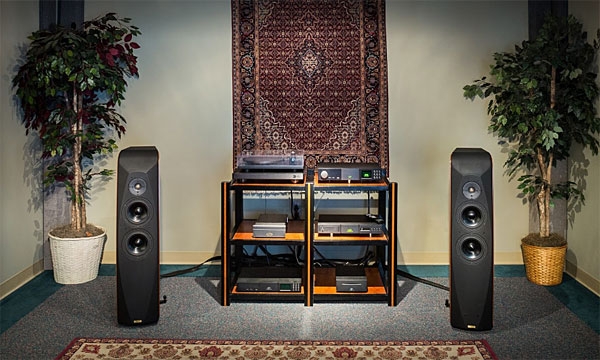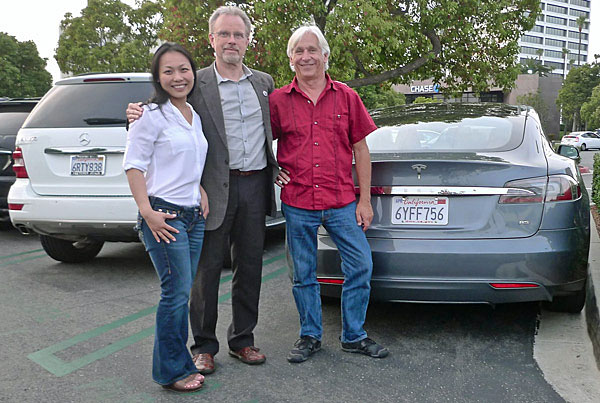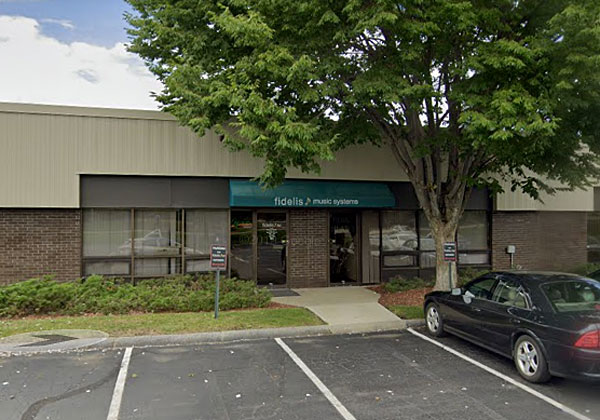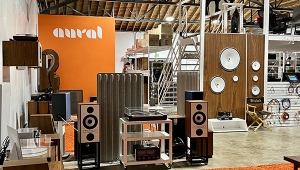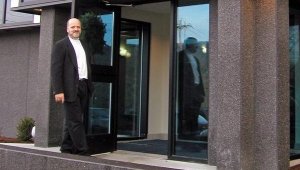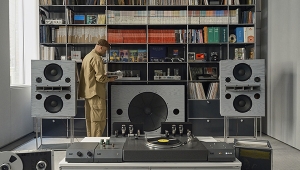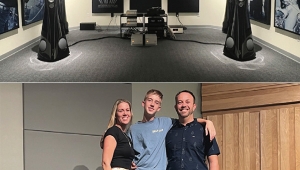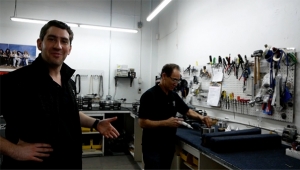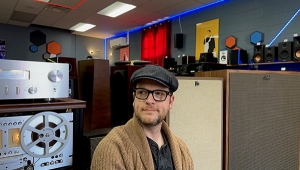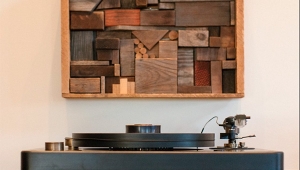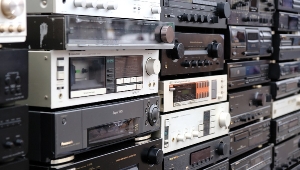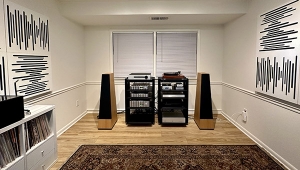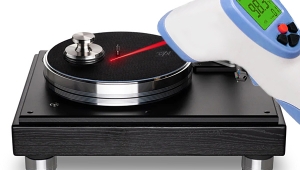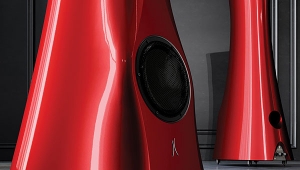| Columns Retired Columns & Blogs |
Only a small few Audio Reviewers manage to get a presence visit from a knowledgable and competent Factory Trained Field Representatives.
I have every reason to feel that Stereophile Subscribers read Stereophile Mag. for useful advice & direction in solving problems. ( John Atkinson being their leading source of wisdoms )
Home theatre folks get their gear installed by the Store and then struggle to learn the half dozen Remotes with 100 double purpose buttons. (phew)
Our little Audiophile hobby features diy trying-out things like Tip-Toes, Cable-Trusses, Fuses, Wires, speaker positions, suspension isolation feet and buying all the various RE-Masters of Rock&Roll favourites.
and then...
Upgrading, swapping out, blind testing, A-B Testing, A-B-X testing and on and on and on... It hasen't ever paused since it all began with the little AR turntable, LS3/5a loudspeakers and the Turntable Revolution. LINN NAIM & Flat Earth.
People get Good Service at the Car Dealer or the plumber, for a price ! Who wants to service the Neurotic/Psychotic Audiophile ? I shut the doors of my Esoteric Audio Salon ( 1985 ) and returned to the Transportation Industry where 2+2=4 every single day of the year and consistent Pay Checks include Full Health & Dental Insurance, Bonus & Cars.
However the Headphone World seems filled with USA Outfits that answer the phone and seem anxious and capable of being helpful.
Auidiophiles never had good service ( the McIntosh Tube Clinics of old being the possible exception ) so there isn't any good service to bring back. Try Europe where Dealers work hard for the folks in their little village.
The Greater Detroit Area had over a Dozen Audio Dealers that closed leaving only one Standing: Audio Dimensions - Harry Francis ( a great person ) Birmingham, Mi an original Audio Research & Magnepan Shop from waayyyyyy back.
Tony in Venice Florida
ps. I happen to have a thriving, Full-Service Pro-Audio Shop within one mile of my Florida home where mothers buy their 12 year old daughters various musical things. ( I was in the store today for InEarMonitors. )
